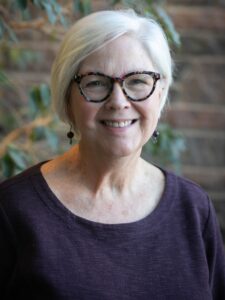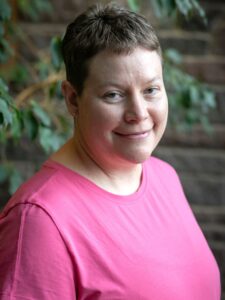Your mission support to the Minneapolis Area Synod supports projects, leaders, and churches around the synod. Thank you for your contributions!
Reach Out
Contact Lynda Nordholm or Kellie Groon with any questions about Mission Support.


Your mission support to the Minneapolis Area Synod supports projects, leaders, and churches around the synod. Thank you for your contributions!
Contact Lynda Nordholm or Kellie Groon with any questions about Mission Support.

